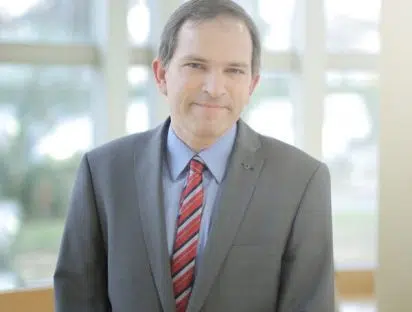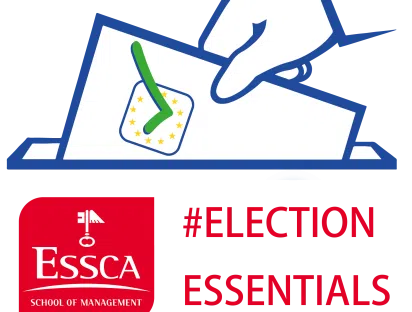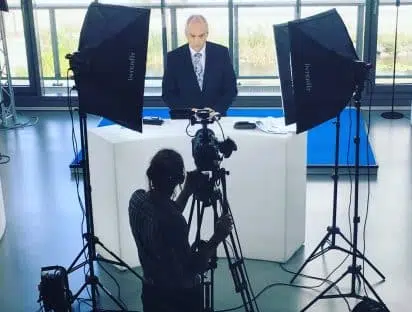30 November & 1st December 2020

Four panels were organized around specific topics with one common point: the role the EU plays in facing global challenges.
The first one, the EU between international relations and cooperation, was opened by the presentation of Dickson Ajisafe and Samuel Ojo Oloruntoba dedicated to the European Union and economic cooperation with Africa, rising major topics on free trade agreements, followed by a contribution by Ioanna Bantouna that (re)considered the mediating role of the EU between Greece and North Macedonia in dispute negotiations. The panel was completed by Tatiana Houbenova-Delisivkova, who discussed the role of the EU as a global player in the Balkan Countries and Tomasz Kamiński and Joanna Ciesielska-Klikowska, who raised the topic of para-diplomacy and its impact on the EU foreign policy.
On the second day, three panels took place: two parallel sessions in the morning and one in the afternoon, followed by conclusions.
The first morning session was conceived around the topic “International policies and foreign influence”. The panel was inaugurated by the presentation of Gorana Grgić on perspectives of transatlantic cooperation in the Indo-Pacific, followed by a discussion of a case on the (de)politicisation of EU trade policy towards the global periphery proposed by Antonio Salvador Alcazar. After a short break, Simona Davidescu illustrated the Chinese investments strategy in the European energy sector, imagining how Asian players can enter the English and Romanian markets. The panel ended with a presentation of the recent developments in the ‘Freedom of Expression’ in Turkey, by Feyza Basar, anticipating the probable effects on the European Union-Turkey relations.
The parallel morning session brought together scholars around the internal challenges and the future of the EU. The first presentation concerned a paper entitled “The European Commission’s role in the financial crises of EU Member States”, written by Maria Katsigianni, illustrating the case of the Commission’s management of the third Economic Adjustment Programme for Greece in 2015. This was followed by the presentation of the paper of Paul Van Den Noord “Assessing next generation EU”, which proposed a deep analysis on the future of the union. The presentation of Inga Ulnicane concerned innovation and cooperation in the domain of research, exploring the impact of a European Research Area in strengthening EU’s internal cohesion and global competitiveness. Finally, two economic presentations investigated the role of European Central Bank and its monetary policy for the development of the EU. The first one, by Juergen Kaehler, linked the development of the ECB with the re-definition of the inflation target, whereas the second presentation, by Christoph Weber, discussed the changing role of the European Central Bank.
The last session gathered papers about the international challenges the EU is facing. Among them, the topic of the EU’s digital connectivity strategy and the fit into East Asia’s digital landscape was explored by the presentation of Gao Xinchuchu and Chen Xuechen, whereas the paper of Carlos Bravo-Laguna examined the EU response to the West African Ebola outbreak. Then, Teona Lavrelashvili and Steven van Hecke proposed a contribution concerning europarties’ types of engagement with parties of the Western Balkans countries and Scott Duncan Allen presented a case study concerning the strategies of internationalization pursued by French business schools. All sessions were followed up by a round of questions and answers which led to vivid discussions and stimulating exchanges of opinions.
Two main outcomes will be produced by the workshops in the coming months: the development of a collective research volume entitled “The EU in a globalized world”, for which Routledge expressed a strong interest, and the contribution of several authors to the ongoing construction of an Encyclopedia of EU Integration.




